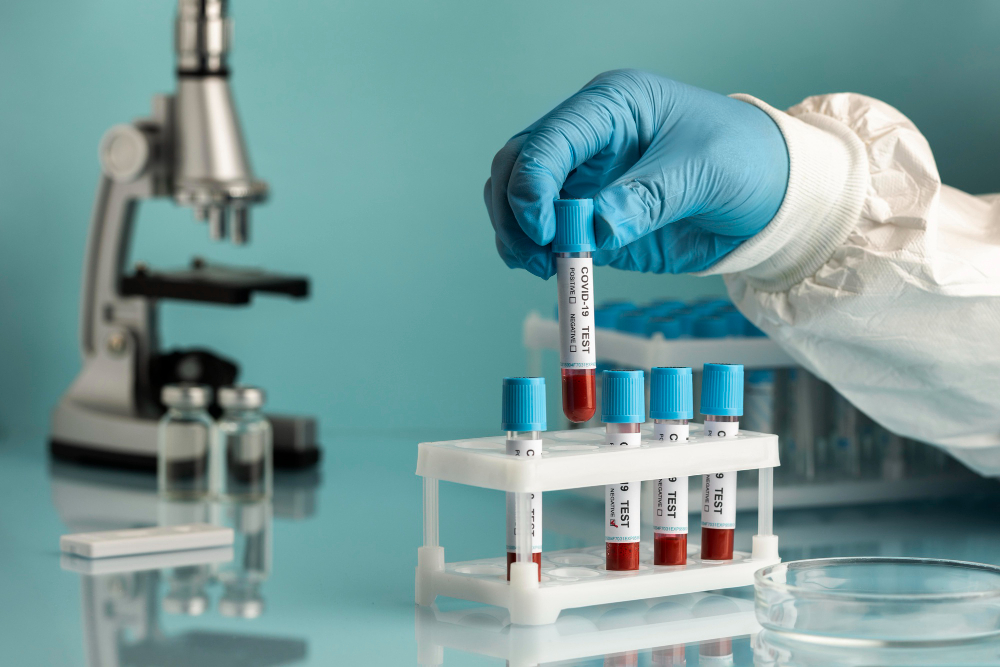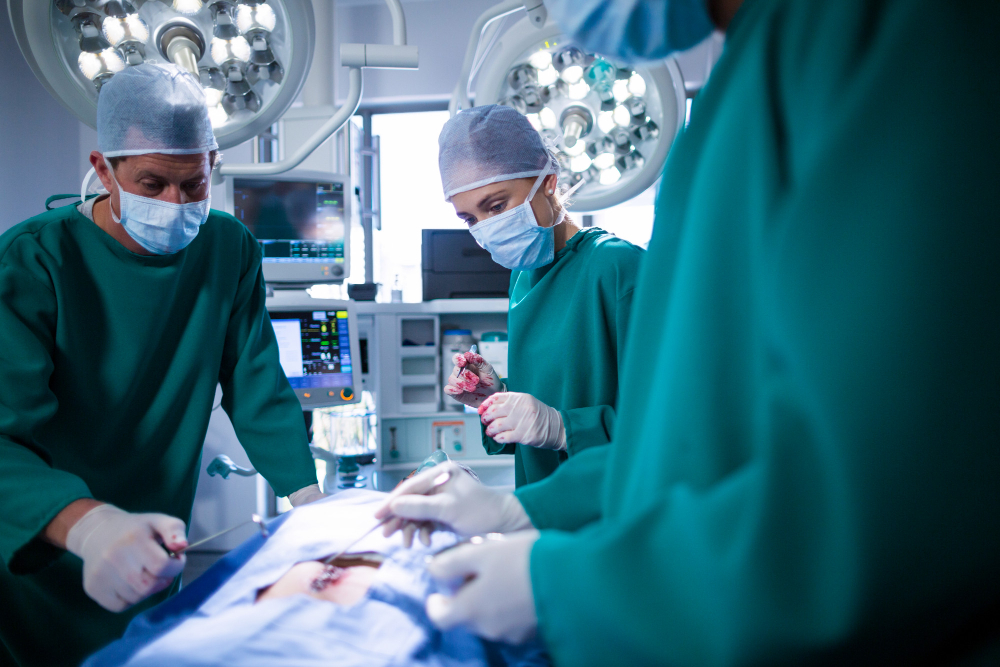-
 Mail us
Mail usinfo@myhealthhospitals.com
-
 Toll Free
Toll Free+91 9111674111
- Book Appointment
Urology
A urethral stricture results from scarring that narrows the urethra that carries urine out of your body. A urethral stricture restricts the normal flow of urine from the bladder and cause symptoms.
Often the cause is unknown, but can occur due to various factors -


Your UROLOGIST might recommend a number of tests to determine the cause, location and length of the urethral stricture, including:

Surgical correction is the treatment of choice for urethral strictures. Your treatment will depend on your situation. Treatment options include:
Urinary Catheterization - Inserting a catheter into your bladder to drain urine in cases of urinary retention to releive symptoms is the first step. Antibiotics to treat an infection may be prescribed
Urethral Dilation - Your treating doctor inserts a guide wire through the urethra into the bladder. Serial dilators pass over the guide wire with gradual increase the size of the dilators. This is done under local anaesthesia
Urethroplasty - This involves surgically removing the narrowed section of your urethra and resuturing the normal ends. Tissues from other areas of the body, such as your mouth is usually used as a graft during reconstruction(Buccal mucosal). The recurrence of urethral stricture after buccal urethroplasty is very low.
Visual internal urethrotomy- In this procedure, your urologist inserts a thin optical device (cystoscope) into your urethra, visualises the stricture and either cuts it with a cold knife or vaporize it with a laser(holmium).
Implanted stent or permanent catheter- If you have a severe stricture and choose not to have surgery, you may opt for a permanent artificial tube (stent) to keep the urethra open, or a permanent catheter to drain the bladder. They also require close monitoring. Urethral stents are usually last resort of treatment and are used only in selected patients.

By avoiding injury to the pelvic area of the body, it may be possible to prevent some forms of urethral stricture. Taking care to avoid infection may also help prevent this condition.
Urethral stricture has a generally positive outcome. It is a treatable condition. However, this condition can happen again, requiring multiple procedures. Follow-up appointments with your healthcare professional will be needed after being treated for urethral stricture.
Most commonly, urethral strictures are managed by urologists, who are doctors with training and specialization in the urinary system.
Treatment of urethral stricture is mainly surgical. Injection of drugs like mitomycin C and triamcinolone into scar tissue has been found to reduce urethral stricture in some studies.
The use of laser for the treatment of urethral strictures is also being evaluated but the initial results are not encouraging.
The overall success is less than 50% in the long term follow up studies.
The success of this procedure is over 80% in the long term. It to some extend also depends on the experience of the urologist doing the surgery.
If you cannot find answers to your queries, please fill out the ENQUIRY form or call the number below. We will contact you shortly
+91 9111674111